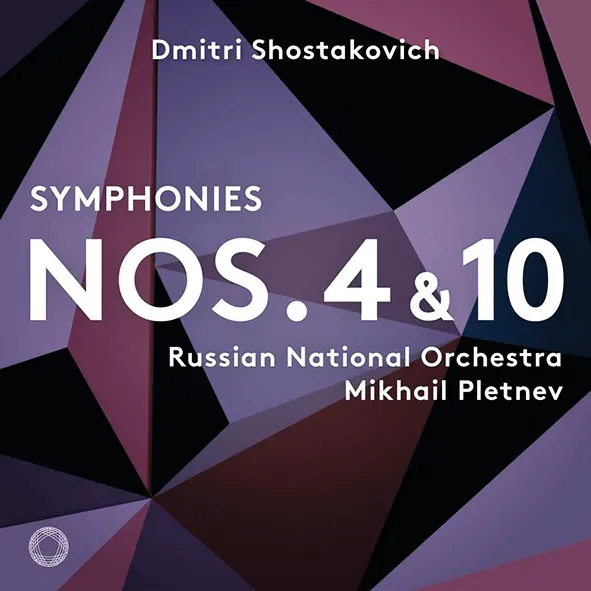
Shostakovich Symphonies Nos 4 & 10 Russian National Orchestra/Mikhail Pletnev Pentatone PTC 5186 647 (hybrid CD/SACD) 132:20 mins (2 discs)
Compared to the superb recordings released in the 1990s by the newly created Russian National Orchestra under their founder Mikhail Pletnev, this latest instalment of Pentatone’s Shostakovich cycle isn’t in the same league. Nor does it compete with the formidable competition offered by Kondrashin, Rostropovich or Neeme Järvi among others. The quality of the orchestra’s individual players remains impressive. What seems to have substantially fallen away is Pletnev’s ability to inspire them to their best.
A central problem in this Fourth Symphony is suggested by its recorded duration – at just under 75 minutes, about ten minutes longer than standard. Sure enough, a ploddingly slow main tempo for the first movement undercuts much of the music’s inexorable power, while at the same time thwarting the orchestra’s palpable urge to make things happen. The short central Scherzo and huge finale are similarly afflicted; the coda’s bleak tragedy does come across, but this is leaving it very late. And the flaring weight of tone unleashed by the Symphony’s huge orchestral forces sounds strangely constricted by the recorded sound. With its standard-sized line-up of players, the Tenth Symphony feels less short-changed in this respect, and Pletnev allows the opening movement’s long spans of musical thought to unfold with sure-footed control. But the blowtorch ferocity of the Scherzo (one of Shostakovich’s most vengeful portraits of Stalin, his nation’s then newly deceased leader) isn’t fully unleashed; nor is the interplay of the finale’s mood-swings between introspection and wild optimism.
Malcolm Hayes